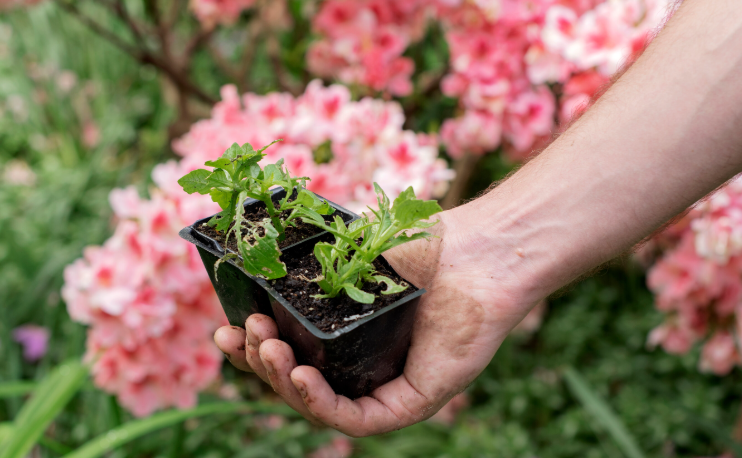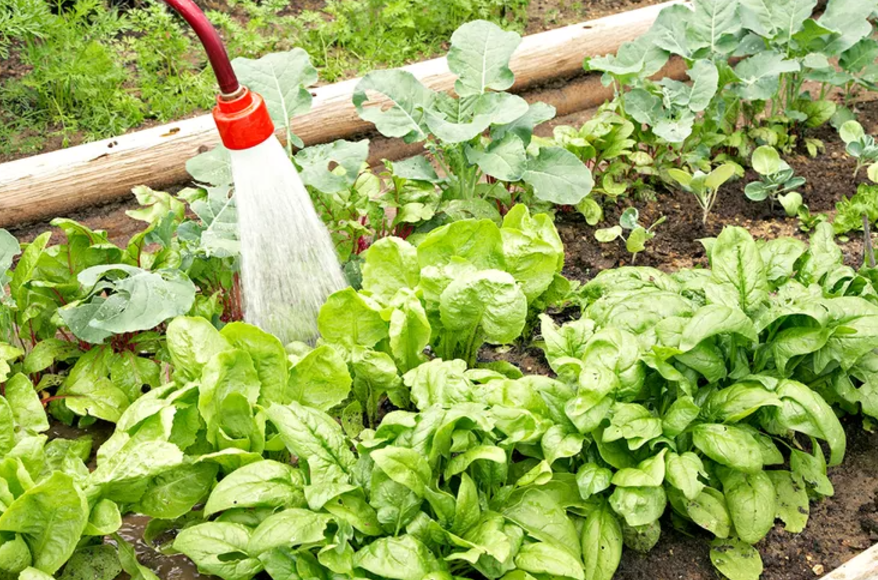In today’s fast-paced world, many people experience stress, anxiety, and burnout from the constant demands of work, technology, and social pressures. While traditional therapeutic approaches often focus on talk therapy or medication, an increasingly popular method for improving mental well-being is gardening, or more specifically, caring for plants. The act of nurturing a plant not only benefits the greenery but can have profound effects on our own mental health.
One of the most significant psychological benefits of caring for plants is stress reduction. Numerous studies have shown that spending time with plants, whether indoors or outdoors, can lower levels of cortisol, the hormone produced in response to stress. Simply being in a green space, or even tending to houseplants for just a few minutes a day, can help calm the mind, reduce anxiety, and promote relaxation. The process of watering, pruning, and caring for a plant encourages mindfulness—bringing attention to the present moment, which helps to alleviate mental strain.
Gardening also fosters a sense of accomplishment and purpose. Many people struggle with feelings of isolation, depression, or low self-worth. However, when a plant thrives under their care, it offers tangible evidence of their efforts. This can be incredibly fulfilling. The act of planting seeds and watching them grow provides a sense of progress, promoting feelings of pride and satisfaction. These small successes can boost self-esteem and reinforce a positive mindset.
Moreover, interacting with plants offers therapeutic benefits that can help improve mood. Studies have shown that just being around greenery can elevate serotonin and dopamine levels, the brain chemicals responsible for regulating mood and happiness. Gardening can also create a sense of connection to nature, promoting a feeling of calm and balance in an increasingly urbanized world.
Beyond the emotional benefits, caring for plants encourages physical activity, which is another powerful tool for mental health. Gardening involves bending, stretching, and sometimes even digging—physical movements that can release endorphins and elevate mood, much like a workout.

In conclusion, caring for plants offers far more than aesthetic beauty; it provides a natural remedy for improving mental health. From stress relief to boosting self-esteem and creating a deeper connection to nature, the psychological benefits of gardening are both profound and lasting. For those struggling with anxiety, depression, or simply seeking a peaceful retreat from the demands of daily life, nurturing a plant can be a powerful and restorative practice.






